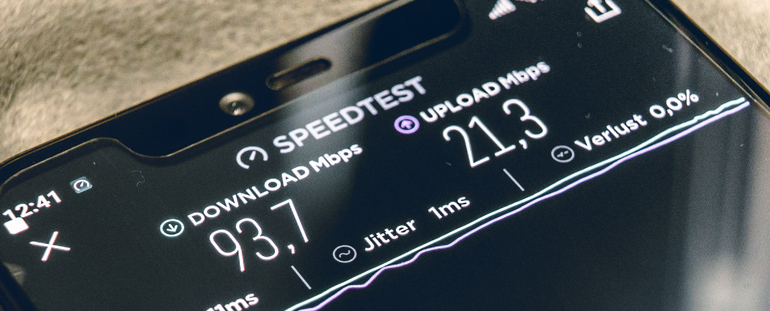Superfast
Also known as fibre broadband, very reliable, faster downloads and smoother streaming.
Phone line rental fees included for broadband products that need it.
£35
/month£29.99 Activation
Ultrafast
Delivered through Fibre to the Premises (FTTP) or G.fast, for the ultimate broadband connection speeds.
Phone line rental fees included for broadband products that need it.
£35
/month£15 Activation
Advertised speeds are based on the download speeds of at least 50% of customers at peak time (8pm to 10pm) across the network. Speed can be affected by a range of technical and environmental factors. The speed you receive may be lower or higher than that listed above. FTTP / Full Fibre speeds are estimated due to insufficient data. FTTP only covers 10% of UK premises. Please note that these are advertised UK speeds. To see what speeds you are actually likely to achieve please enter your details on our line checker.



